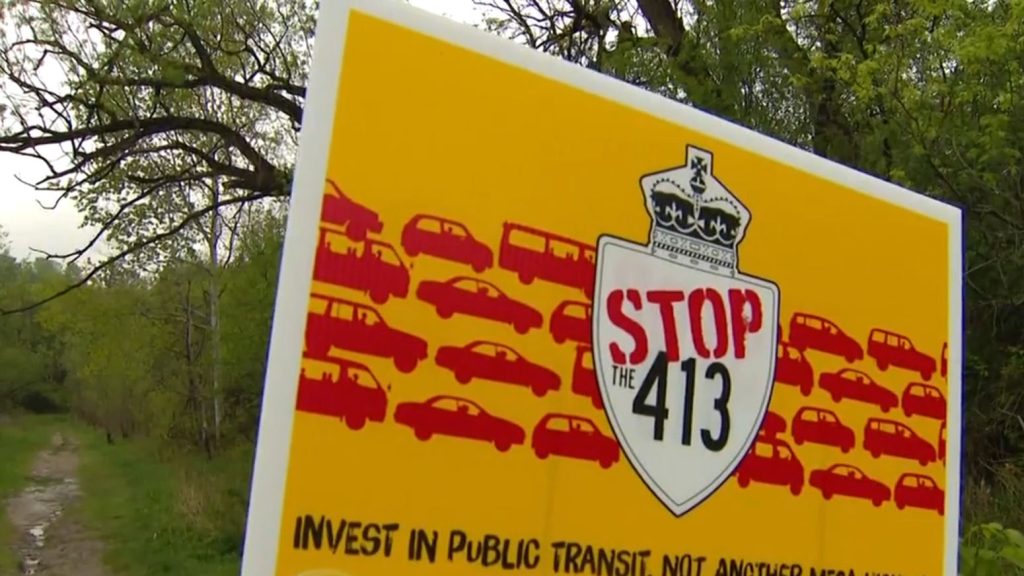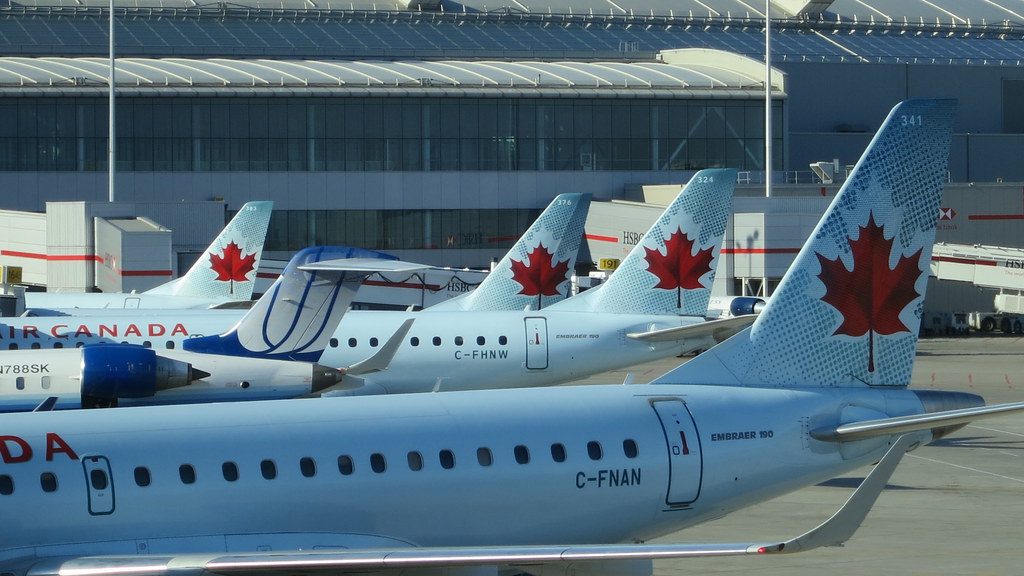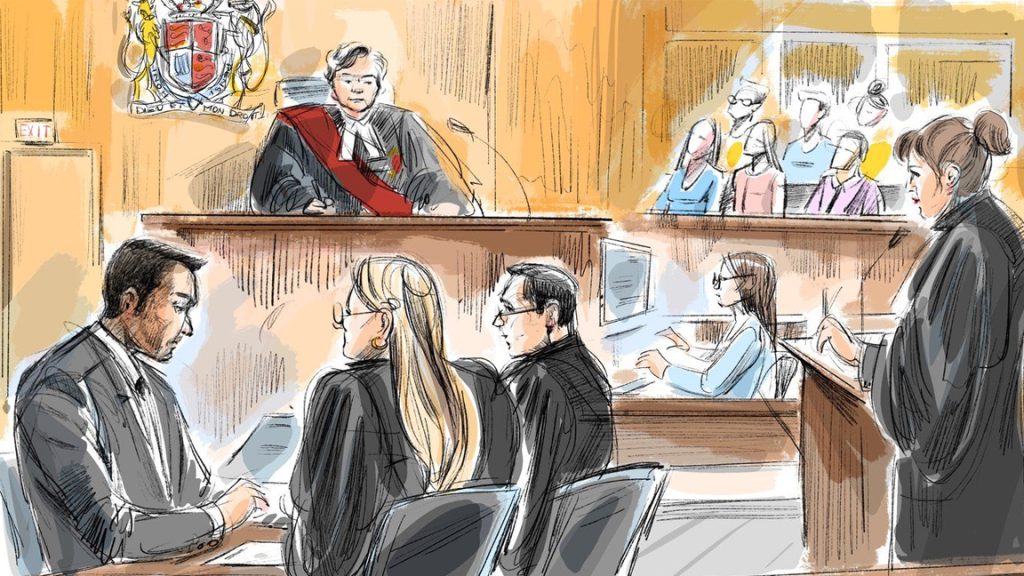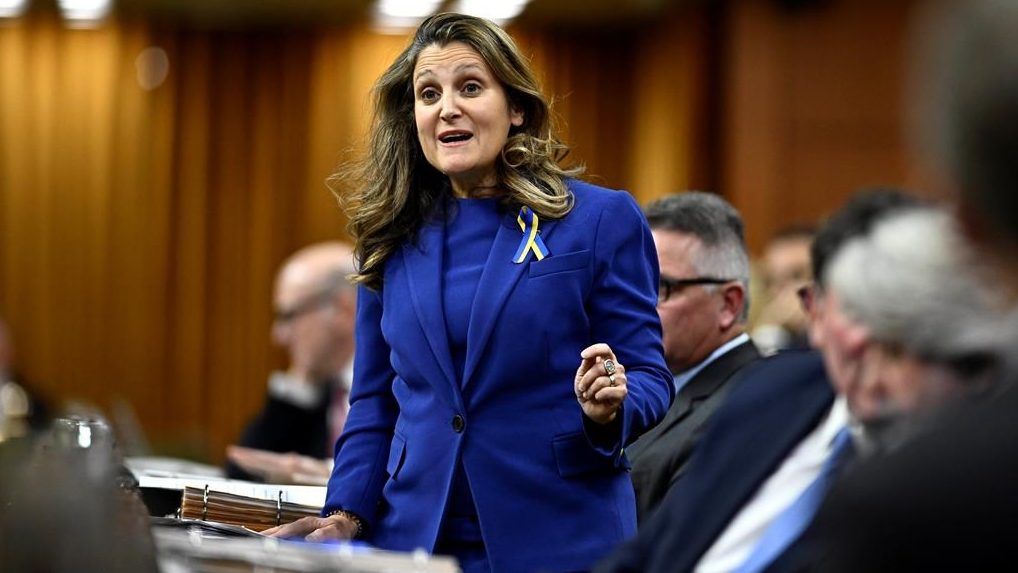Complaints prompt New Brunswick Law Society to review Trinity accreditation
Posted August 22, 2014 4:40 pm.
This article is more than 5 years old.
VANCOUVER – The Law Society of New Brunswick will meet next month to review its decision to accredit a controversial law school proposed in British Columbia.
The group’s governing council voted in June to recognize future graduates of Trinity Western University, a private Christian school that requires all students and staff sign a covenant barring same-sex relationships.
Since then, hundreds of members have signed a petition asking the law society to reconsider, triggering a special meeting under the group’s rules. That meeting is scheduled in Fredericton on Sept. 13.
“They’re not happy with the decision,” Marc Richard, executive director, said Friday.
Under society rules, 20 signatures can trigger a special meeting. The petition was endorsed by more than 200 people.
“It’s a motion on the table where they’re asking our council not approve Trinity Western University Law School,” he said.
The community covenant by the university in Langley, B.C., requires faculty and students to abstain from “sexual intimacy that violates the sacredness of marriage between a man and a woman.”
That requirement “discriminates against members of the LGBTTQ community,” says the motion to be debated by New Brunswick lawyers.
Accrediting the institution “maintains and promotes the discriminatory policy” and recognizing future graduates “would not be in the public interest or the interest of justice and would not serve to promote and improve the status of lawyers in society,” it says.
It’s unclear whether the outcome of the vote is binding on the law society. Richard said if the motion passes, they will need a legal opinion.
Bob Kuhn, university president, said the law society meeting is “disappointing.”
“Certainly, whenever parties have taken the time to consider and look at the facts and law carefully, they’ve concluded in favour of Trinity Western Law School,” he said.
“The response to the contrary is unnecessarily politicized and not reflective or respectful of the rule of law and the cases that have gone before.”
Kuhn said the university officials have not yet decided whether to travel to New Brunswick to address the meeting.
The school, which lies in the heart of what is known as the Fraser Valley “Bible belt” east of Vancouver, applied to establish a law school in June 2012.
Since then, the debate has pitched religious freedoms against equality rights.
The B.C. Civil Liberties Association told the B.C. Law Society that denying Trinity’s application because of the covenant would infringe on charter rights.
“The BCCLA has long fought against discrimination on the basis of sexual orientation, including in multiple court cases,” the association said.
“At the same time, as civil libertarians, we value the fundamental freedoms of people to come together with like-minded persons to express and seek to further their conscientiously held beliefs.”
Alberta and Saskatchewan’s bar associations have approved accreditation. Manitoba and Saskatchewan have put decisions on hold.
Law societies in Ontario and Nova Scotia voted against accrediting students, prompting the school to turn to the courts in both provinces.
Judicial reviews of the Nova Scotia and Ontario decisions are scheduled, separately, in Ontario Superior Court and Nova Scotia Supreme Court in December
In B.C., a group of lawyers is suing the provincial government over its decision to accredit the law school as a teaching institution.
It is slated to open in the fall of 2016.










